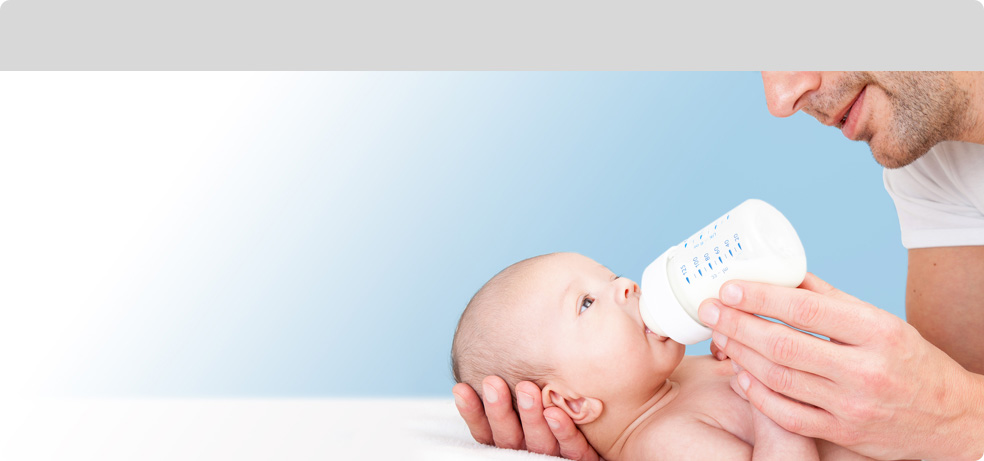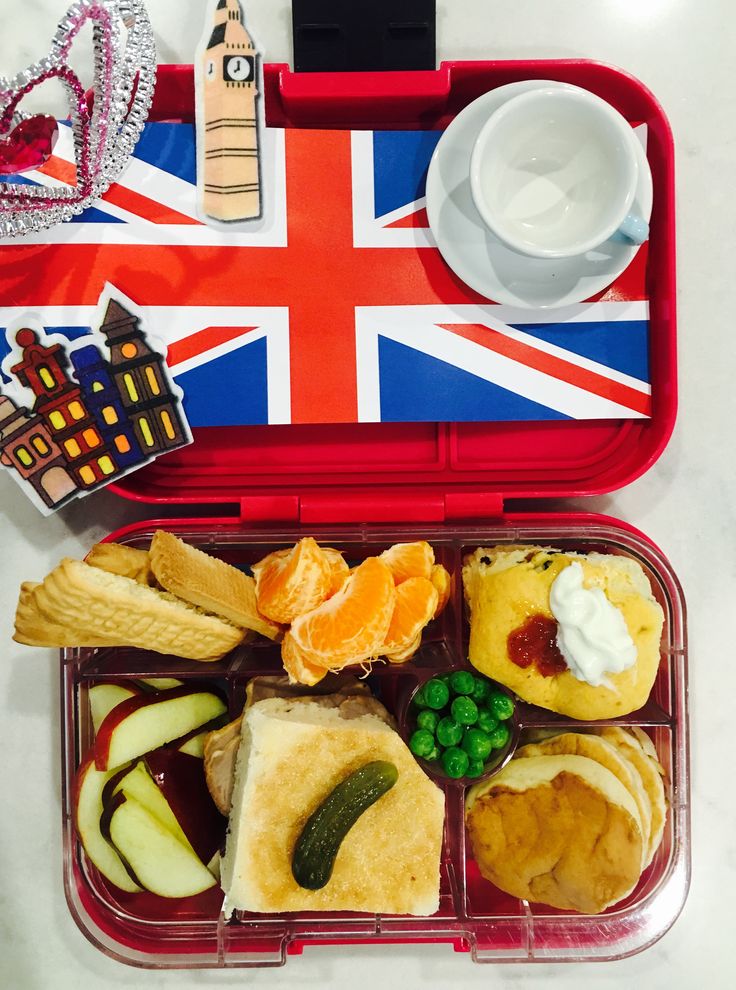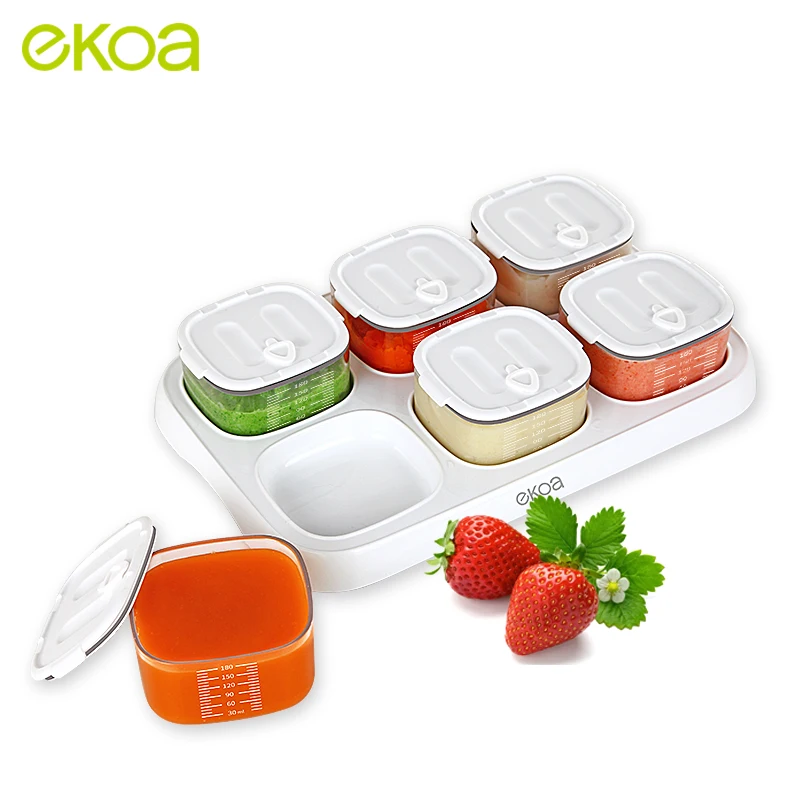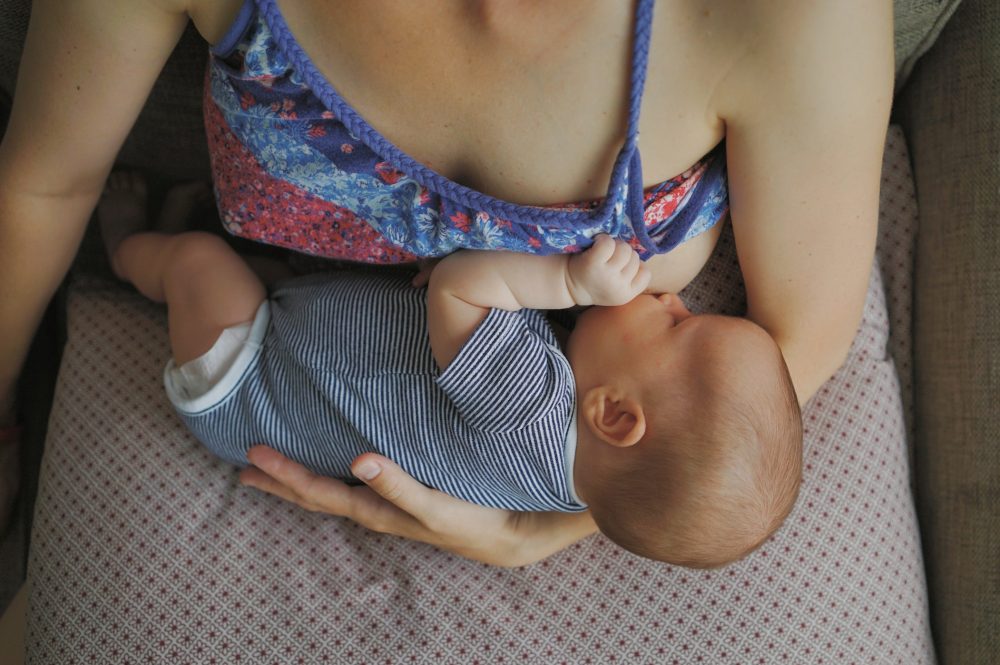2 week old baby pooping after every feed
How often should a newborn poop?
Yes, it's normal if your baby is pooping after every single feeding. You’ll quickly discover that when it comes to newborns, poop frequency comes in a wide range of normal.
Some babies are just more productive poopers than others. It’s perfectly okay to end every feeding with a diaper change, or to not see a single bowel movement for a few days. Your baby pooping a lot probably isn’t an issue, unless you’re changing three or more extra-watery diapers a day. In that case, it could be diarrhea, which is something to let your baby's doctor know about.
How often should a newborn poop?
It varies. Poop habits differ a lot from baby to baby. The average frequency is one or more bowel movements daily. But some newborns produce five or more dirty diapers a day in their first 2 weeks of life, while others go for days without pooping.
It’s not unusual for newborns to poop a lot, since they spend most of their waking hours eating. In general, breastfed babies poop more than formula-fed ones. In fact, your baby may poop while nursing and again once they’re done – which is why you may want to wait a few minutes after you're finished breastfeeding before swooping in with a clean diaper.
Because breastfed poops contain more liquid, they’ll look more watery than the stools of formula-fed babies. (See real photos of the different kinds of baby poop here.)
When a breastfed newborn poops after every feeding during the first few weeks, take it as a good sign – it means they’re getting plenty of milk. Even though formula-fed babies may have less frequent bowel movements than breastfed babies, it's normal for them to poop after every feeding as well.
The frequency of your baby's bowel movements may start to slow down by the time they're around 6 weeks old, but some babies continue their pattern of pooping after every feeding for much longer. (It’s not uncommon for some 1-year-olds to poop five times a day.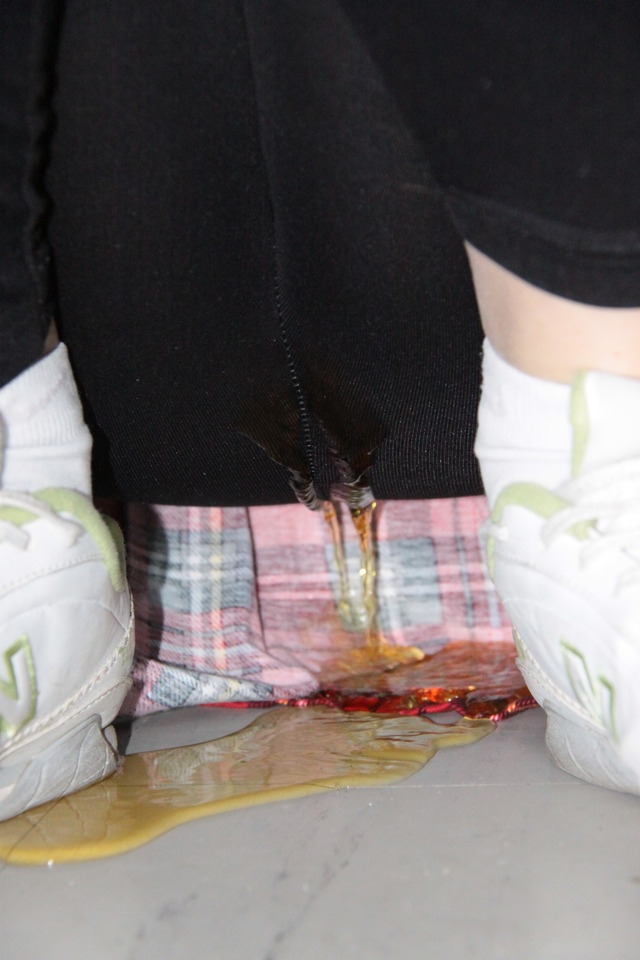 )
)
How long can a baby go without pooping?
If your baby hasn’t had a bowel movement in a few days, there’s no need to immediately fear the big “C” (aka, constipation). Babies can go days, or even a week, without producing a dirty diaper. A breastfed baby can go even longer – as long as two weeks without pooping if they haven’t started on solid foods yet.
Advertisement | page continues below
If the bowel movements your baby does make are soft, constipation probably isn’t an issue. Exclusively breastfed babies rarely get constipated because breastmilk is an economical food. Your baby gets just what they need, with little waste leftover to poop out.
True constipation in babies typically happens from a change in diet, a lack of fluids, or an illness. The telltale sign is hard, dry stools. If your baby is constipated, they may get extra fussy and look like they’re straining uncomfortably when they try to go.
Should I ever be worried about my baby pooping a lot?
Generally, if your baby's bowel movements are fairly consistent and they’re acting like their usual self, frequent poops aren't a cause for concern. However, if there's a sudden change in your baby's pooping pattern and their stool becomes watery, check with their doctor. Very watery bowel movements could be a sign of an infection.
However, if there's a sudden change in your baby's pooping pattern and their stool becomes watery, check with their doctor. Very watery bowel movements could be a sign of an infection.
Call the doctor if your baby has any of these other poop-related symptoms:
- Pulling their legs up to their stomach (a sign that their tummy hurts)
- Straining to have a bowel movement
- Poop that looks like small, hard pebbles or is extra watery
- Irritability
- A swollen belly
- Blood in their poop
If my baby is pooping a lot, are they more prone to diaper rash?
Babies who have frequent bowel movements can be more susceptible to diaper rash. Constant contact with stool can irritate the sensitive skin on their bottom.
The best way to prevent diaper rash is to keep your baby’s bottom clean and dry. To start, change their diapers more often. Wash their skin clean with warm water during each change.
You may want to coat the area with a diaper rash cream or a product containing zinc oxide or petroleum jelly to create a barrier. And instead of putting on a new diaper right away, let your baby go diaper-less for a little while each day so their bottom can fully air dry. If these tips don’t relieve the diaper rash, give your baby's doctor a call.
And instead of putting on a new diaper right away, let your baby go diaper-less for a little while each day so their bottom can fully air dry. If these tips don’t relieve the diaper rash, give your baby's doctor a call.
Read more:
A new parent's guide to baby poop
Age-by-age guide to feeding your baby
How much formula newborns and babies need
Is it normal for my baby to poo after every feed?
by Sophie Bell | Medically reviewed by Gemma Caton, Specialist health visitor | June 2021 |
It can be. Some babies will poo after every feed and some will poo every three days. It’s all normal. How much your baby poos depends on their age and how you’re feeding them.
Is it normal for my baby to poo after every breastfeed?
Yes, it is normal if you’re breastfeeding. Breastfed babies are more likely to do a poo straight after each feed than formula-fed babies.
Is it normal for baby to poo after every formula feed?
If your baby is bottle-fed with formula, they are less likely to poo after every feed. This is because formula can be harder to digest, so it takes longer to pass through your baby's system. Even so, there's no need to worry if your formula-fed baby does poo after every feed, especially in the early weeks.
Are regular poos a good sign?
Frequent poos are often a good sign that your newborn is getting plenty of milk. As your baby’s stomach fills up, the milk stimulates their digestive tract, giving them the urge to do a poo.
Will my baby always poo as regularly as their early weeks?
During the first week, your newborn baby's poos will change. Their first poo will be a greenish black and sticky poo called meconium, which is made up of what they ingested in the womb. Your baby’s poos will change once they start to digest breast milk or formula milk, commonly to a green and then a yellow colour.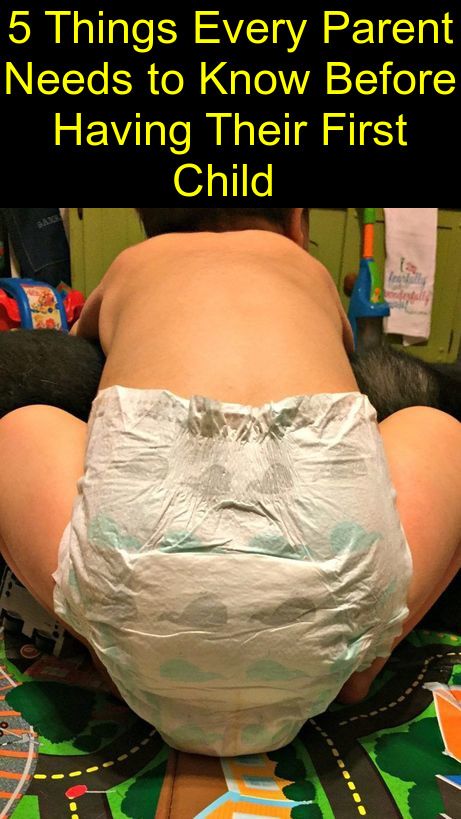 You can expect to see at least two poos a day for the first few weeks.
You can expect to see at least two poos a day for the first few weeks.
After a few weeks, you may find that your baby does fewer poos as their stomach grows and their bowel movements settle into a routine. On the other hand, they may continue to poo after every feed. All babies are different.
If you're unsure about what's normal for your baby, talk to your health visitor.
How often should I change my baby's nappy to prevent nappy rash?
Health visitor Maggie Fisher explains how to care for your baby’s bottom. More baby videos
Could my baby have diarrhoea?
As long as your baby's poos are soft and easy to pass, there's no cause for concern. However, frequent pooing can sometimes be a sign of diarrhoea. Your baby may have diarrhoea if:
- their poo is very runny or watery
- they are suddenly pooing more often than usual, or passing larger amounts
- the poo is explosive, foul-smelling and spurts out of their bottom, or runs down their leg
Diarrhoea should clear up without treatment within about a week.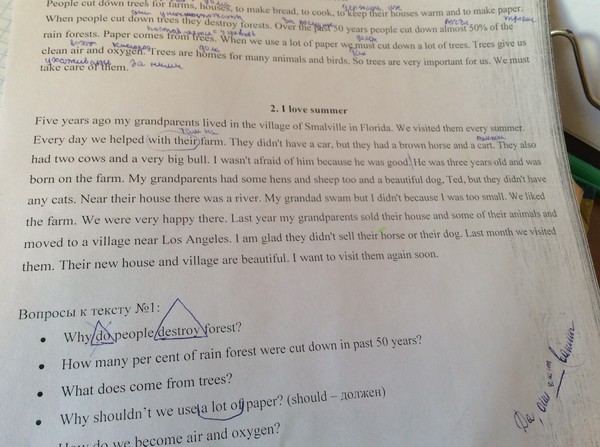 In the meantime, feed them as normal, and keep a close eye on them for any other signs of illness.
In the meantime, feed them as normal, and keep a close eye on them for any other signs of illness.
When should I get medical advice?
Call 111 if your baby:
- stops taking their usual breast or bottle feeds
- has signs of dehydration, such as fewer wet nappies
- has blood in their diarrhoea
- has diarrhoea for more than seven days
Learn more
- Take a look at our poo photo gallery to find out what diarrhoea looks like, and learn the main causes of diarrhoea in babies.
- Are you concerned that your baby could be constipated? Learn more about constipation in babies and how to spot the signs.
- Can your baby's poos change after starting solid foods? Find out how weaning may affect them.
Sophie Bell
Sophie Bell is an editor at BabyCentre. She updates and creates health content and is responsible for email newsletters.
How many times should a newborn poop
03/25/2021 Reading time: 6 minutes 237149
Contents of the article:
- Frequency and nature of stool in a breastfed child.
- Frequency and nature of stool in a formula-fed child.
- What can affect stool frequency and consistency?
Even the most squeamish girls with the birth of a baby become tireless researchers of the contents of a dirty diaper.
- Isn't it a lot? But not a little? Isn't it rare? But not often? Is the color normal? Is the consistency good? Is it supposed to smell like this? - young mothers are ready to discuss these subtleties at any time, regardless of the enthusiasm of the interlocutor.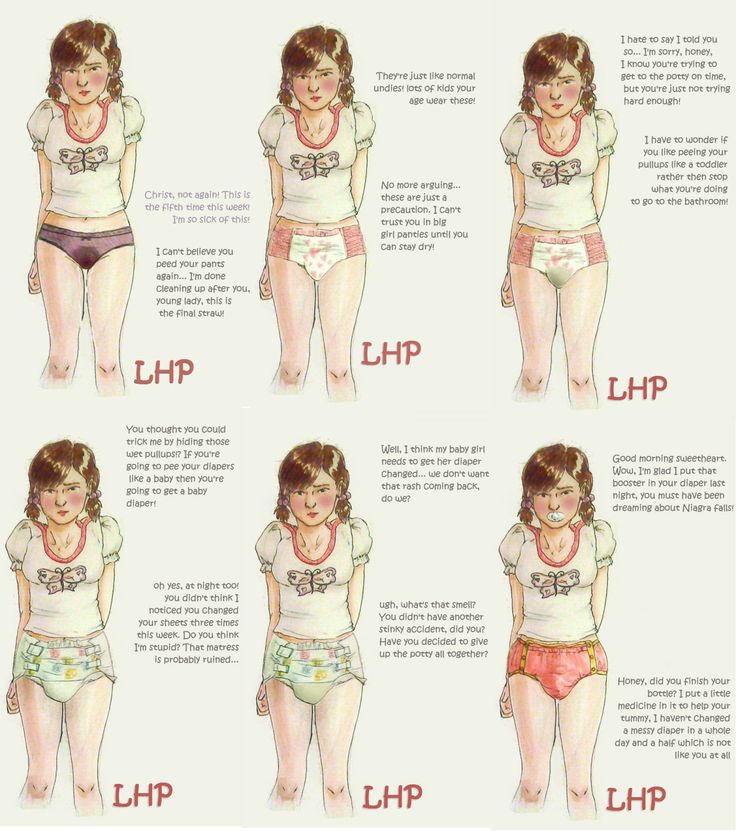 They can be understood.
They can be understood.
On the one hand, the newborn does not know how much - eat, sleep and, in fact, dirty the diaper. Therefore, there are few topics for discussion at first, but I want to talk. On the other hand, it is indeed possible to draw conclusions about the state of health of the infant from the answers to these specific questions.
The frequency and nature of the stool in a breastfed child.
In the first two or three days after birth, the baby leaves the original stool - meconium. If a young mother does not know about this, she may be frightened by a sticky dark mass that is difficult to wash off. When a woman has milk, the baby's feces brighten, acquire a mushy texture and a milky, slightly sour smell.
In the first month and a half, the baby can poop after each feeding.
If, up to 4-6 weeks of life, he poops less than once every 24-36 hours, this may mean a lack of nutrition. It is necessary to control weight gain.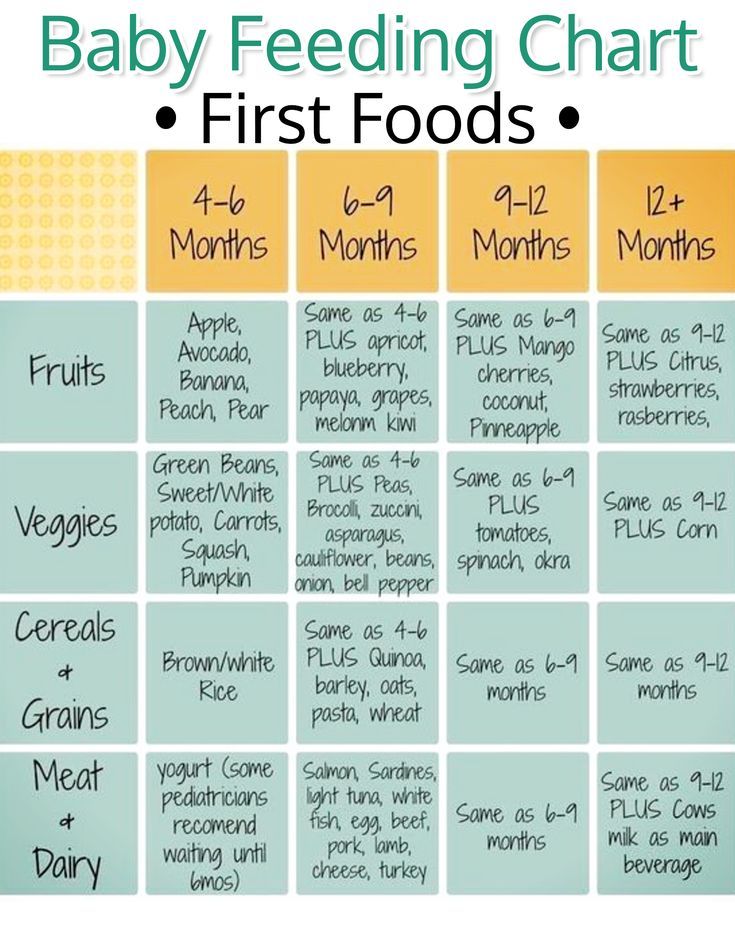 On average, for the first weeks of life, it should be 125-150 g.
On average, for the first weeks of life, it should be 125-150 g.
As regards consistency and color, the stool should be mushy, bright yellow to greenish in color.
This is important!
If the baby eats with appetite, adds well, behaves actively, then the shade of the contents of the diaper is not so important. Anxiety should be caused by an admixture of blood in the stool, streaks of mucus, blisters and a sharp putrid smell. This should be reported to the pediatrician immediately.
After a month and a half, the baby may begin to poop less often. For many mothers, this is a source of serious concern. If the baby does not poop for a day, two, three, anxiety covers. But this condition for a breastfed baby is most often the norm. If the child behaves as usual, and the stool after the delay is soft and moves away effortlessly, then everything is in order.
A hard, shaped stool should alert you, crying and straining strongly during defecation are signs of constipation.
Recent studies from the American Academy of Pediatrics suggest that, with normal health and behavior, a baby aged 4-6 weeks and before the introduction of complementary foods may pass stools even once a week or less often. But be attentive to the condition of the baby and still consult a doctor before ignoring a ten-day stool retention in crumbs.
With the introduction of complementary foods, the baby's stool will become more formed, but should still retain a soft texture.
This is important!
When the baby begins to receive complementary foods, he should defecate at least once a day. If the baby has signs of constipation - rare or formed hard ("sheep") stools, difficult bowel movements - you need to consult a doctor to find and eliminate its cause.
Frequency and nature of stool in a formula-fed child.
A newborn on artificial feeding, even in the first weeks, can poop once a day.
After one and a half months, formula-fed babies should have a bowel movement daily.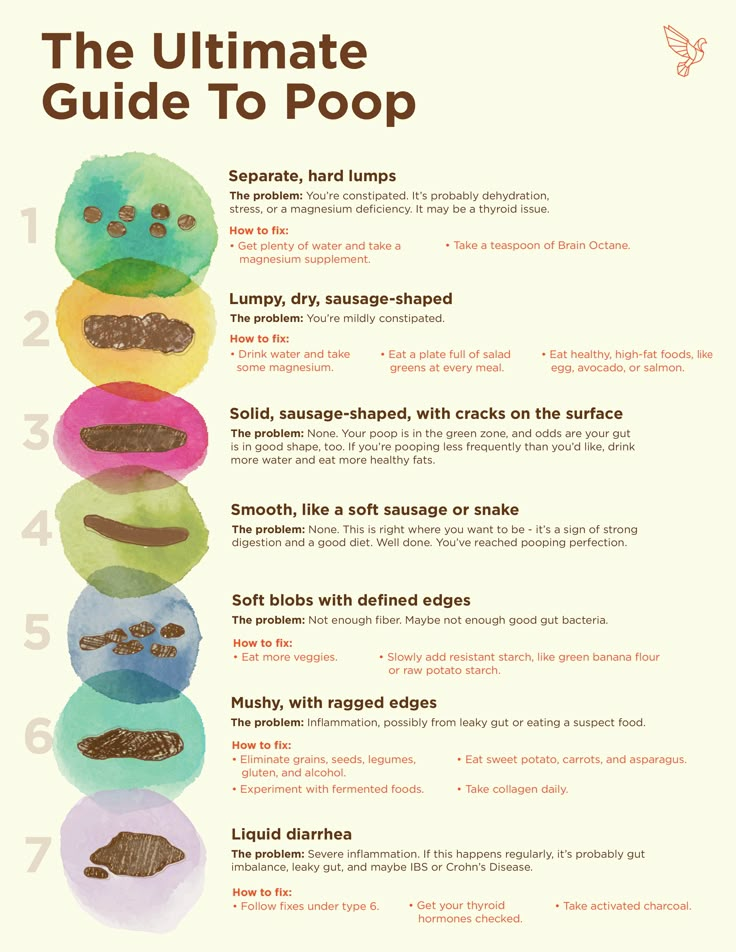
The stool consistency of formula-fed babies will be firmer than when breastfed, but should still remain soft. Hard, shaped stools in infants, regardless of the method of feeding, are a sign of constipation.
The color may depend on the type of mixture. It is usually yellow or dark yellow. Too bright or very dark shades, a pronounced green color is a deviation from the norm, you need to consult a doctor.
What can affect stool frequency and consistency?
Nutrition. The frequency and nature of the baby's stool is primarily affected by the type and quality of the food he receives. For babies, it is important that the mother's diet is balanced and varied, so that she does not smoke or drink alcohol. If the child is allergic - so that the mother does not eat foods that cause an allergic reaction. Properly selected milk formula is important for babies on artificial feeding. If these conditions are not met, it will immediately be noticeable in the stool of a newborn.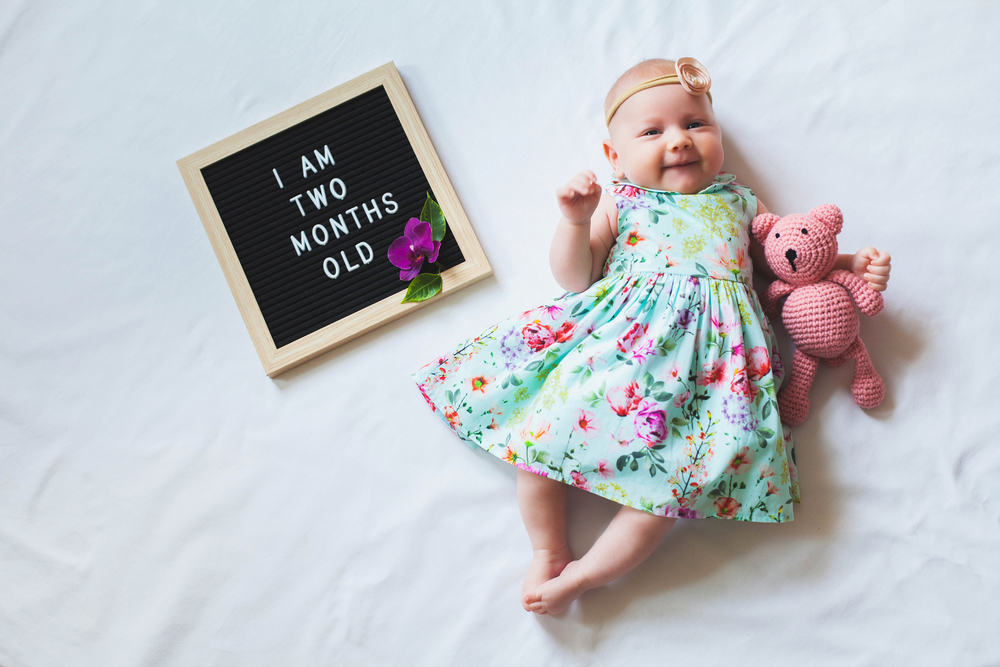
Functional disorders. In newborns, malfunctions in the gastrointestinal tract may occur not due to illness, but due to the immaturity of the body - both the gastrointestinal tract itself and the nervous system. That is, a healthy baby without errors in nutrition can still experience constipation or diarrhea.
Infectious diseases. Often, it is by the nature of the stool of a newborn that one can notice that an infection has entered the body. Rapid loose stools, foam, an unpleasant odor will immediately indicate the onset of the disease.
Taking medications. Iron preparations have the most pronounced effect on the color of the stool: it becomes gray-black. If the child does not take iron-containing medicines, then this color of the stool is an alarm. It may indicate intestinal bleeding.
If the child is on IV, Nutrilak Premium COMFORT can help normalize the stool. The mixture is specially designed for sensitive tummies.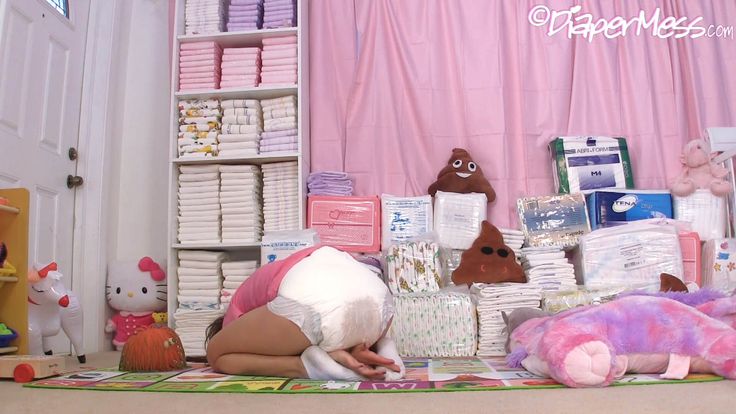
So, a dirty diaper is not "fuuu", but a source of valuable information about the well-being of the baby. If you have doubts about what you saw, do not hesitate to consult your doctor.
(11 ratings; article rating 4.4)
how to recognize, causes, treatment, how to stop diarrhea in a baby?
Every mother knows that babies poop often: a breastfed baby may have the same bowel movements as the feeding frequency. And babies often have tummy ache and colic due to the fact that the gastrointestinal tract is completely immature and is just beginning to be populated by beneficial bacteria. Therefore, it is not always clear to a young mother whether everything is fine with her baby. How do you know when something is wrong?
For a baby under three months old, the normal frequency is three to six times a day if the baby is breastfed, and about two times a day if he is bottle-fed. At the same time, the frequency of the stool can also change normally, due to the fact that the baby was nervous or the mother changed the menu. Therefore, when talking about diarrhea in a baby, they first of all take into account not how often he poops, but the volume and nature of the stool, as well as the behavior of the baby himself.
At the same time, the frequency of the stool can also change normally, due to the fact that the baby was nervous or the mother changed the menu. Therefore, when talking about diarrhea in a baby, they first of all take into account not how often he poops, but the volume and nature of the stool, as well as the behavior of the baby himself.
You can suspect diarrhea in a baby if he poops twice as often as usual, while the stool becomes much thinner (in a breastfed baby, it is usually liquid and poorly formed), changes color, pathological impurities appear in it: a lot of mucus, blood, foam, undigested food particles, if complementary foods have already begun. The behavior of the baby also changes: he cries, presses his legs to his chest, or, conversely, stretches out to the line. The tummy may swell and growl.
If the diarrhea is caused by an infection, the child has a fever and becomes lethargic.
Causes of diarrhea in infants
The most common cause of diarrhea in infants is dysbiosis, that is, a change in the composition of the intestinal microflora.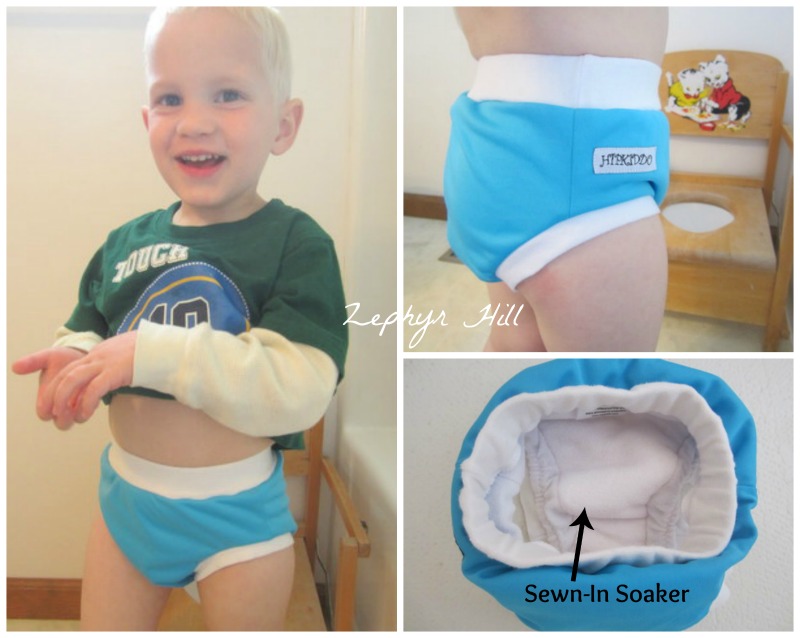 This may be due to a viral or bacterial infection, but is usually due to other causes such as:
This may be due to a viral or bacterial infection, but is usually due to other causes such as:
- late attachment to the breast;
- artificial feeding;
- products not according to age;
- use of antibiotics;
- food allergy;
- lactose intolerance;
- chronic diseases of the gastrointestinal tract (ulcerative colitis and others).
One way or another, all these conditions disrupt the normal balance between beneficial and harmful microbes in the intestines, and consequently, digestion and intestinal motility: too much fluid remains in the intestinal lumen, which causes diarrhea.
Treatment of diarrhea in children
Seek immediate medical attention if:
- there is blood in the baby's stool;
- diarrhea accompanied by vomiting;
- the child has a fever;
- the baby stops peeing or pee less than four times a day;
- no tears during crying, skin and mucous membranes become dry;
- fontanel sinks;
- The baby's skin, when gathered into a fold, does not straighten out immediately.

If your baby is stable, you can try to manage the diarrhea on your own. Change diapers more often: feces irritate baby's delicate skin. If complementary foods are introduced, cancel it, leave only breast milk or formula that the baby eats constantly.
Give the child a drink. Adherents of breastfeeding argue that the baby has enough liquid contained in breast milk. This is true, but only if the child is healthy. During diarrhea, fluid loss increases several times, and it is dehydration that is the most common cause of death from intestinal infections. You can supplement it with plain boiled water, but it is better with a special solution of salts, which are also actively lost during diarrhea (Regidron, Trisol, Ringer's Solution, Humana Electrolyte). If the child is older than nine months, you can give rice water.
To restore the normal balance of microflora, you can (and should) give probiotics. The best option is a complex of bifido- and lactobacilli. Both are important for normal digestion and microbial balance.

